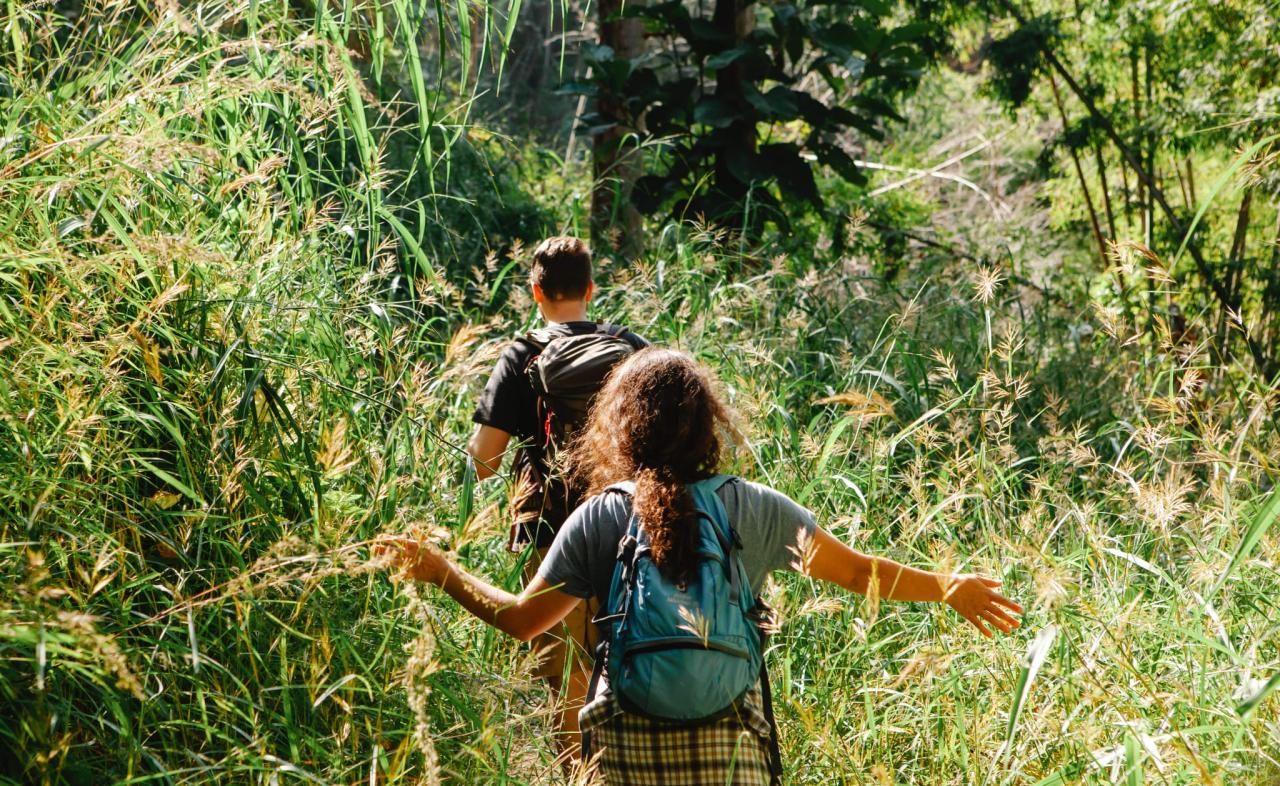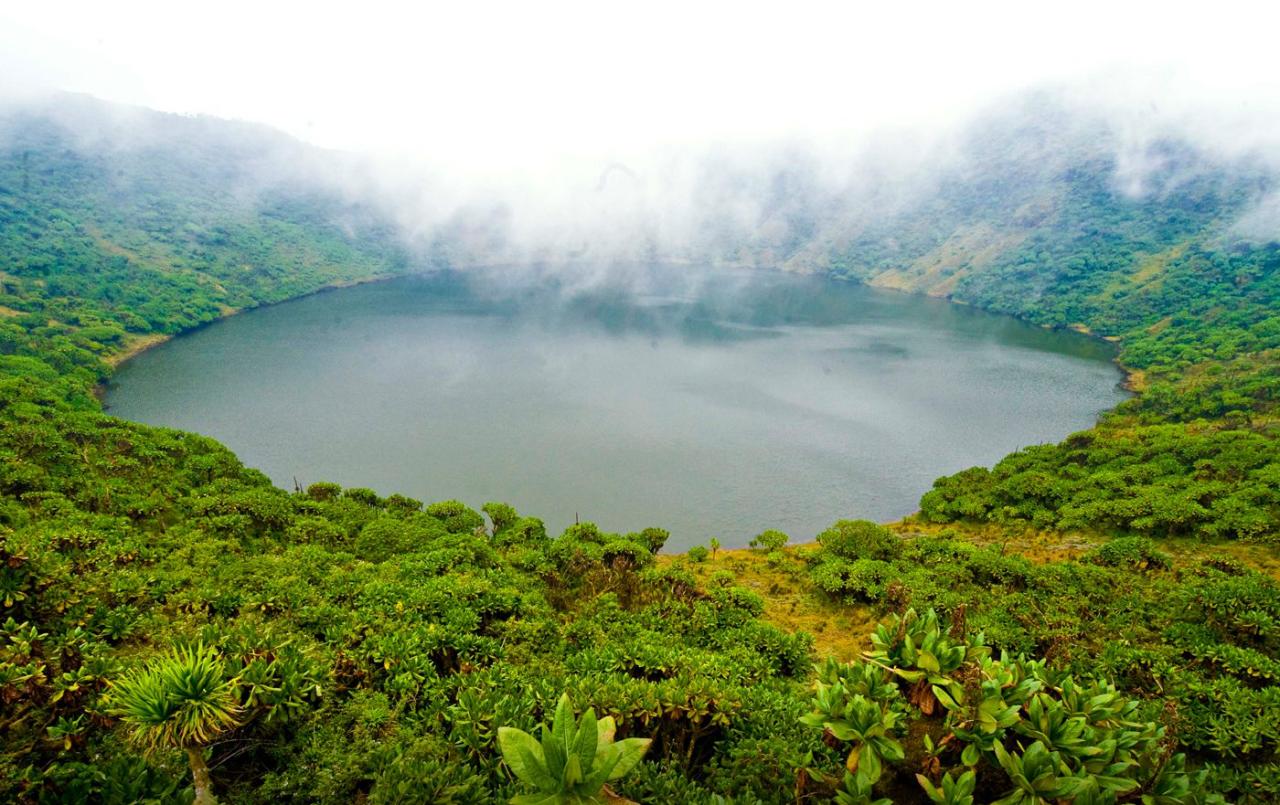In an era of mass tourism, the very act of travel, which was once a journey of discovery and a path to enlightenment, has in many ways become a source of environmental degradation, cultural erosion, and economic exploitation. The desire to see the world’s most beautiful places has, ironically, often led to their destruction. A new and powerful philosophy, however, is emerging to address this crisis: responsible tourism. This is not just a trend but a profound and necessary shift in the way we travel, a commitment to a more mindful, intentional, and impactful journey. At the heart of this movement is the responsible tourism itinerary, a meticulously crafted plan that turns a trip from a passive consumption of a destination into a force for good. This comprehensive article will delve into the core principles of what defines a responsible itinerary, provide a step-by-step guide on how to craft your own, and showcase inspiring examples from around the world.
What is a Responsible Tourism Itinerary?

A responsible tourism itinerary is a mindful approach to travel planning that is built on the principle of minimizing negative impacts and maximizing positive ones. It is a holistic and ethical framework that considers the environmental, socio-cultural, and economic consequences of every choice you make, from the moment you book your flight to the moment you return home.
A. Mindful Planning: A responsible itinerary is a conscious choice to prioritize sustainability and ethics over convenience and cost. It is a commitment to a journey that is not just about you but also about the people and the places you visit. The planning phase is an opportunity to research, to vet, and to choose a destination and a set of activities that are in line with your values.
B. Holistic Approach: The itinerary is a holistic document that considers every aspect of a trip’s impact. It is a commitment to a “leave no trace” philosophy, but it goes even further. It is a commitment to a positive impact, to a journey that leaves a destination better than it was found. The itinerary is a reflection of this holistic approach.
C. From Theory to Practice: A responsible itinerary is a practical guide that turns good intentions into a real trip. It is a document that includes a list of eco-friendly accommodations, community-based activities, and ethical tour operators. It is a tool that empowers you to be a responsible traveler, providing you with all the information you need to make a positive impact.
The Pillars of a Responsible Itinerary
A truly responsible itinerary is not a matter of luck. It is a conscious and intentional process that is guided by a set of core principles that shape every decision you make.
A. Eco-Friendly Transportation: The first and most impactful choice you can make is your transportation. An itinerary of this nature is a commitment to minimizing your carbon footprint. This can be achieved through:
- Low-Carbon Choices: Opting for a train or a bus instead of a flight, when possible.
- Local Transport: Using local public transport, such as buses, metros, and local ferries, instead of a private car or a taxi.
- Carbon Offsetting: For trips that require air travel, the itinerary includes a plan for carbon offsetting through a certified program.
B. Sustainable Accommodations: The choice of accommodation is a crucial part of a responsible itinerary. The ideal accommodation is one that has a commitment to sustainability, local community engagement, and ethical practices. This includes:
- Green Hotels: Choosing hotels that have a certification from a third-party organization, such as Green Globe or LEED.
- Eco-Lodges and Homestays: Booking a stay at a small, family-run eco-lodge or a local homestay that uses renewable energy, conserves water, and has a commitment to waste reduction.
- Local Ownership: Prioritizing accommodations that are owned and operated by locals, ensuring that the profits from your stay are staying in the local community.
C. Community-Based Activities: A responsible itinerary is a commitment to engaging with and supporting the local community. The activities in the itinerary are a departure from the generic tourist trail and are focused on a genuine immersion in the local culture. This includes:
- Ethical Tours: Booking a tour with a local guide or a community-run organization, such as a community-based safari or a guided hike with a local expert.
- Cultural Workshops: Participating in a cultural workshop, such as a cooking class with a local family or an artisanal workshop with a local artisan.
- Volunteering: Spending a few days volunteering with a local organization that is focused on environmental conservation or community development.
D. Ethical and Cultural Respect: A responsible itinerary is a commitment to a deep respect for the local culture and traditions. It is a commitment to a journey that is a force for good, not a source of exploitation. This includes:
- Learning Local Etiquette: Learning a few phrases in the local language, understanding the local customs and traditions, and dressing appropriately.
- Ethical Wildlife Encounters: Choosing tours that are focused on ethical wildlife encounters, where the animals are observed from a respectful distance in their natural habitat.
- Supporting Local Artisans: Buying souvenirs from a local artisan or a fair-trade cooperative, ensuring that your money is going directly to the people who are the true heart of the community.
E. Waste Reduction and Conservation: A responsible itinerary is a commitment to a “leave no trace” philosophy. The itinerary includes a plan for waste reduction and conservation, such as:
- Bringing a Reusable Water Bottle: Reducing your reliance on single-use plastic bottles.
- Using Sustainable Products: Packing a set of sustainable travel products, such as a solid shampoo bar or a reusable travel utensil set.
- Minimizing Consumption: A commitment to a minimalist mindset, with a focus on a “less is more” approach to travel.
How to Craft Your Own Responsible Itinerary

Crafting a responsible itinerary is a rewarding and empowering process. It is a journey of self-discovery, a commitment to a more mindful and intentional way of traveling.
A. Phase 1: Research and Planning. The first step is to research your destination with a responsible mindset.
- Finding Sustainable Destinations: Look for destinations that have a commitment to sustainability, such as a national park or an eco-certified region.
- Vetting Operators: Use online resources and travel forums to find responsible tour operators and local guides.
- Reading Reviews: Read reviews from past travelers to get a sense of the operator’s commitment to sustainability and their positive impact on the local community.
B. Phase 2: Booking and Logistics. The next step is to book your travel and accommodations with a responsible mindset.
- Low-Carbon Transport: Choose a low-carbon transport option, such as a train or a bus.
- Eco-Friendly Accommodations: Book a stay at an eco-certified hotel or a local homestay.
- Community-Based Activities: Book a tour with a local guide or a community-run organization.
C. Phase 3: The On-the-Ground Experience. The on-the-ground experience is a commitment to a “leave no trace” philosophy.
- Reducing Waste: Pack a reusable water bottle and a set of sustainable travel products.
- Supporting Locals: Eat at local restaurants, shop at local markets, and buy souvenirs from local artisans.
- Cultural Respect: Be a respectful and conscious guest, learning a few phrases in the local language and understanding the local customs.
D. Phase 4: Post-Trip Reflection. The journey does not end when you return home.
- Sharing Your Experience: Share your responsible travel experience on your blog or social media, inspiring others to travel with a responsible mindset.
- Supporting the Cause: Make a donation to a local conservation or community development project in the destination you visited.
Sample Responsible Itineraries
The world is full of incredible destinations for a responsible tourism itinerary. Here are a few examples from different categories.
A. An Eco-Adventure Itinerary in Costa Rica: This itinerary would include a stay at a solar-powered eco-lodge, a guided hike through a cloud forest with a local guide, a visit to a coffee plantation to learn about sustainable farming, and a conservation-focused tour to a turtle sanctuary.
B. A Cultural Immersion Itinerary in Vietnam: This itinerary would include a train journey from Hanoi to Hoi An, a homestay with a local family in a remote village, a cooking class to learn local recipes, and a tour of a local market with a local guide.
C. A Heritage and Conservation Itinerary in Peru: This itinerary would include a train journey to the city of Cusco, a tour of Machu Picchu with a certified local guide who is committed to conservation, a visit to a local artisan market, and a donation to a local community development project.
The Benefits of a Responsible Itinerary
The benefits of a responsible itinerary are immense and far-reaching, impacting the traveler, the local community, and the planet.
A. A Deeper, More Meaningful Experience: A responsible itinerary is a journey of a profound and lasting connection to a place and its people. The experience is a departure from the superficial and a search for the authentic and the genuine.
B. Positive Impact on Local Communities: A responsible itinerary is a powerful force for economic development. By directing your money toward local businesses, artisans, and tour operators, you are ensuring that the benefits of tourism are shared equitably.
C. Personal Growth and Empathy: A responsible itinerary is a journey of self-discovery. It forces you to step out of your comfort zone and to see the world from a new perspective, fostering a deep sense of empathy and understanding for other cultures and other ways of life.
Challenges and the Future of Responsible Tourism
While the responsible tourism movement is growing, it is not without its challenges.
A. The Cost and Accessibility: The perception that responsible tourism is expensive is a major hurdle. While some responsible options may have a higher price tag, the long-term value of a more meaningful and impactful trip often far outweighs the cost.
B. The Challenge of Greenwashing: The term “responsible tourism” has become a powerful marketing tool, and it can be difficult to distinguish a genuine responsible operator from a company that is simply greenwashing. The key to avoiding this is to do your research, to vet a company’s claims, and to look for a third-party certification.
C. The Rise of Regenerative Tourism: The future of responsible tourism is regenerative tourism, a model that goes beyond “do no harm” to actively improve and restore the environment and the local community. A responsible itinerary will evolve to become a regenerative one, a journey that leaves a destination better than it was found.
Conclusion
The era of unchecked mass tourism, with its disregard for the planet and its people, is coming to an end. In its place, a new and powerful philosophy is emerging, one that redefines the act of travel from a passive consumption of a destination to a mindful and intentional journey. At the heart of this revolution is the responsible tourism itinerary, a meticulously crafted plan that empowers a traveler to become a force for good in the world. This is not a trend; it is a profound and necessary evolution in the way we explore, connect, and interact with the global community.
The beauty of a responsible tourism itinerary lies in its simplicity and its power. It is a roadmap that guides a traveler to make choices that are in line with their values, from the eco-friendly accommodation they choose to the local artisan they support and the low-impact activities they enjoy. This is a journey that offers a deeper, more authentic, and more meaningful experience than a traditional vacation. It is a journey of self-discovery, a catalyst for personal growth, and a powerful force for empathy and understanding.
Furthermore, the rise of the responsible tourism itinerary is a powerful economic and social driver. By directing a traveler’s spending toward local businesses, fair-trade suppliers, and conservation-focused initiatives, these itineraries ensure that the benefits of tourism are shared equitably. They are a catalyst for positive change, encouraging a global travel industry that is built on a foundation of respect, authenticity, and a deep commitment to the preservation of our planet’s natural and cultural heritage. The future of travel is not just about where we go, but how we get there, and what we leave behind. The responsible tourism itinerary is the answer to that question, a new and inspiring model that offers a pathway to a more conscious, connected, and meaningful way of exploring the world. So, pack your bags, and get ready to craft an itinerary that is a force for good.








Discussion about this post